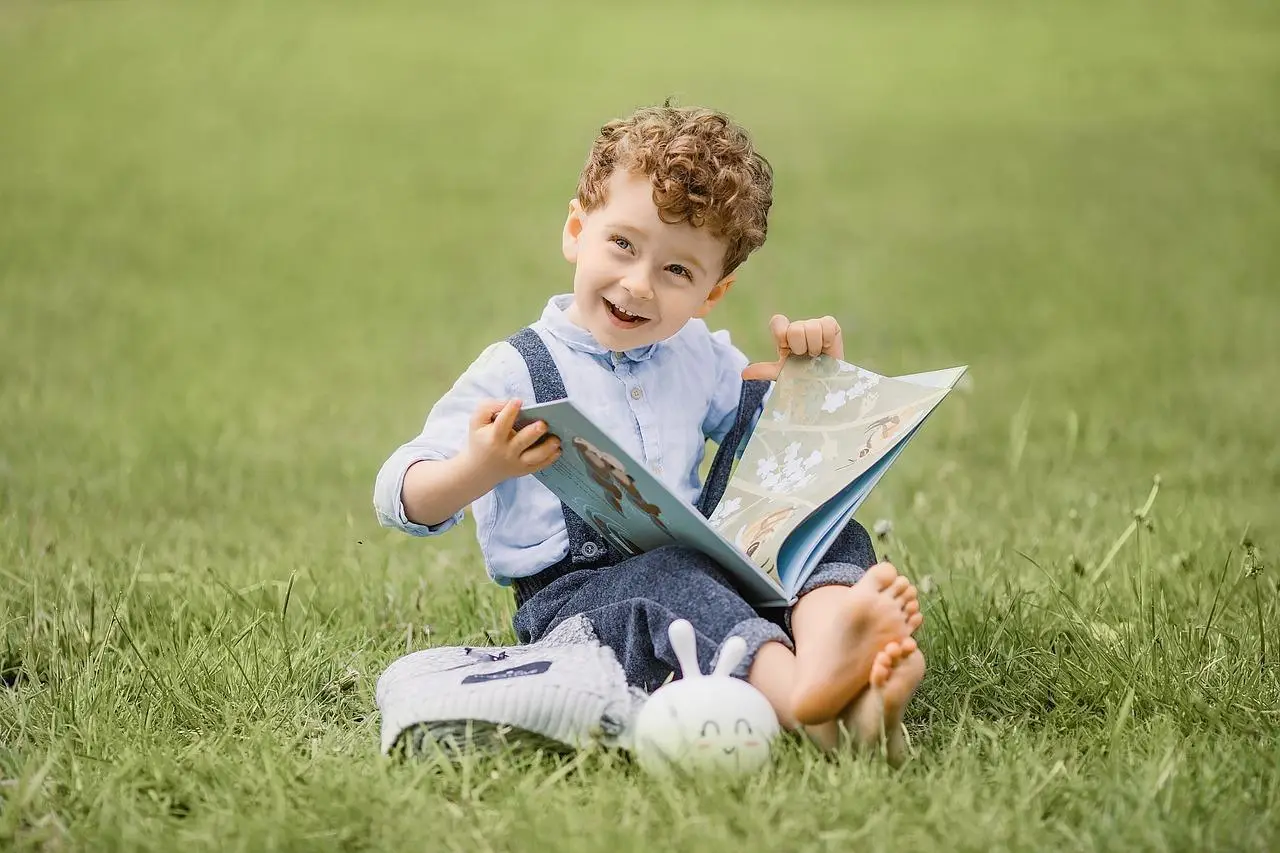Why Modern Parenting Needs Ancient Wisdom
Parenting in the modern world is a complex and ever-evolving challenge. With the rise of technology, shifting societal norms, and increasing pressures on families, today’s parents are often overwhelmed by conflicting advice and unrealistic expectations. While contemporary parenting strategies focus on innovation and convenience, there’s a growing recognition that ancient wisdom can provide timeless, effective guidance for raising resilient, compassionate, and well-rounded children. By revisiting the values and practices of past generations, parents can cultivate deeper connections with their children and foster a sense of balance in their households.
This article explores how ancient parenting principles, rooted in tradition and time-tested wisdom, can address the challenges of modern family life and offer practical solutions for raising children in today’s fast-paced world.
The Disconnect Between Modern Parenting and Traditional Values
Modern parenting often emphasizes efficiency, achievement, and technology-driven solutions. From parenting apps to online parenting courses, there’s no shortage of tools designed to make raising children easier. However, these approaches can sometimes overlook the emotional, social, and cultural aspects of parenting that are essential for a child’s holistic development.
In contrast, ancient parenting practices were deeply rooted in community, mindfulness, and respect for natural rhythms. Parents relied on oral traditions, storytelling, and hands-on learning to pass down values and skills. These traditional methods prioritized patience, empathy, and connection—qualities that are increasingly difficult to cultivate in a world dominated by screens and schedules.
By integrating ancient wisdom into modern parenting, families can bridge the gap between convenience and connection, creating a more balanced and fulfilling approach to raising children.
The Role of Community in Raising Children
One of the most significant lessons from ancient parenting is the importance of community. In many traditional societies, raising children was not solely the responsibility of parents but a collective effort involving extended family, neighbors, and elders.
This communal approach offered several benefits:
- Shared responsibilities: Parents had support from others, reducing stress and burnout.
- Diverse role models: Children learned from a variety of adults, gaining different perspectives and skills.
- Stronger social bonds: Families and communities were tightly knit, fostering a sense of belonging and security.
In the modern world, where nuclear families are often isolated, parents can benefit from recreating this sense of community. Building a support network of friends, relatives, and trusted caregivers not only lightens the parenting load but also enriches a child’s upbringing.
Teaching Through Storytelling and Oral Traditions
Ancient cultures relied heavily on storytelling to teach children moral values, cultural heritage, and life lessons. Stories were a powerful tool for imparting wisdom in an engaging and memorable way, helping children understand complex concepts like empathy, resilience, and responsibility.
In today’s digital age, storytelling remains a valuable parenting tool:
- Fostering imagination: Stories encourage creativity and critical thinking, skills that are often diminished by passive screen time.
- Teaching values: Through relatable characters and scenarios, stories can help children navigate ethical dilemmas and develop a strong moral compass.
- Strengthening bonds: Reading or telling stories together creates opportunities for meaningful connection between parents and children.
By incorporating storytelling into daily routines, parents can draw on ancient traditions to nurture their children’s emotional and intellectual growth.
The Power of Simplicity and Slowing Down
Ancient parenting practices were often guided by the natural rhythms of life, emphasizing simplicity and mindfulness. In contrast, modern parenting is frequently characterized by packed schedules, overstimulation, and a constant push for productivity.
Slowing down and simplifying life can benefit both parents and children:
- Reducing stress: A less hectic lifestyle allows families to focus on what truly matters—quality time and meaningful relationships.
- Encouraging play: Unstructured, imaginative play is essential for a child’s development and was a cornerstone of ancient childhoods.
- Fostering mindfulness: Simple activities like cooking, gardening, or walking together provide opportunities to connect with the present moment and each other.
By embracing the simplicity of ancient wisdom, parents can create a calmer, more nurturing environment for their children.
The Importance of Respecting Natural Development
In ancient societies, parenting was often guided by an understanding of a child’s natural developmental stages. Parents allowed children to grow and learn at their own pace, rather than imposing rigid expectations or timelines.
Modern parenting, however, is frequently influenced by societal pressures to achieve milestones early, leading to undue stress for both parents and children. Revisiting ancient practices can help parents adopt a more patient and supportive approach:
- Focus on individual growth: Recognize that every child develops at their own pace and avoid comparisons.
- Encourage curiosity: Allow children to explore their interests and passions without excessive structure or pressure.
- Celebrate small victories: Acknowledge and appreciate progress, no matter how incremental.
By respecting a child’s natural development, parents can foster confidence, independence, and a lifelong love of learning.
The Role of Rituals and Traditions in Family Life
Rituals and traditions have always played a central role in parenting, providing structure, meaning, and a sense of identity for children. Ancient wisdom teaches us that rituals—whether daily, seasonal, or cultural—help anchor families and create lasting memories.
Modern families can benefit from incorporating rituals into their routines:
- Daily rituals: Simple practices like family meals, bedtime routines, or morning check-ins foster connection and stability.
- Cultural traditions: Celebrating holidays, festivals, or family customs helps children understand their heritage and strengthens their sense of belonging.
- Mindful moments: Incorporating gratitude practices or reflection into daily life teaches children to appreciate the present and develop emotional resilience.
Rituals create a sense of continuity and purpose, helping children feel grounded in an ever-changing world.
Parenting With Empathy and Emotional Intelligence
Ancient parenting often emphasized empathy and emotional intelligence, recognizing that children thrive when they feel understood and supported. In many traditional cultures, parents were attuned to their children’s emotions and used gentle guidance to teach them how to navigate their feelings.
Modern parents can apply this wisdom by:
- Listening actively: Take the time to truly hear your child’s thoughts and feelings without judgment or distraction.
- Validating emotions: Let children know that their emotions are valid and teach them how to express themselves constructively.
- Modeling empathy: Show compassion and understanding in your interactions with others, teaching children by example.
By prioritizing empathy, parents can build strong, trusting relationships with their children and help them develop emotional resilience.
Balancing Modern Innovations With Timeless Wisdom
While ancient parenting practices offer valuable insights, it’s important to balance them with the benefits of modern innovations. Advances in education, healthcare, and technology have improved many aspects of parenting, but they should complement—not replace—the timeless principles of connection, community, and mindfulness.
Parents can strike this balance by:
- Using technology wisely: Limit screen time and prioritize activities that encourage creativity, learning, and family interaction.
- Adapting traditions: Find ways to incorporate ancient practices into modern life, such as storytelling through audiobooks or celebrating cultural rituals in new ways.
- Staying informed: Combine traditional wisdom with evidence-based parenting strategies to create a well-rounded approach.
By blending the best of both worlds, parents can provide their children with a strong foundation for navigating the complexities of modern life.
Rediscovering Ancient Wisdom for a Modern World
Parenting is a journey that requires both adaptability and a deep connection to timeless values. As families face the unique challenges of the modern era, ancient wisdom offers guidance that is as relevant today as it was centuries ago. By prioritizing community, storytelling, simplicity, and empathy, parents can create a nurturing environment that supports their children’s growth and well-being.
Ultimately, the lessons of the past remind us that parenting is about more than achieving milestones or meeting societal expectations—it’s about fostering love, resilience, and a sense of purpose that will guide children throughout their lives. Incorporating ancient wisdom into modern parenting is not a step backward but a step toward raising compassionate, capable, and fulfilled individuals.








